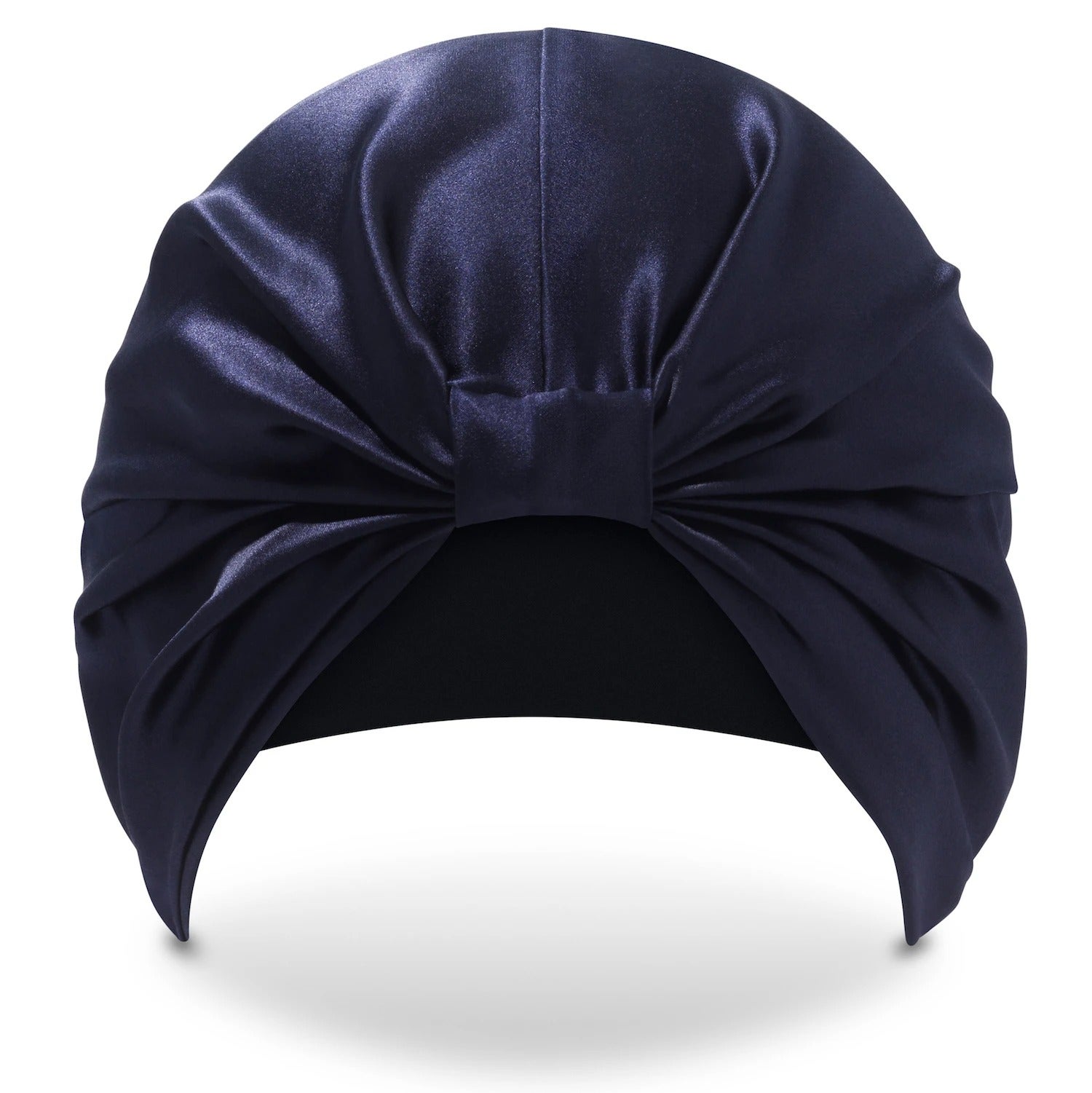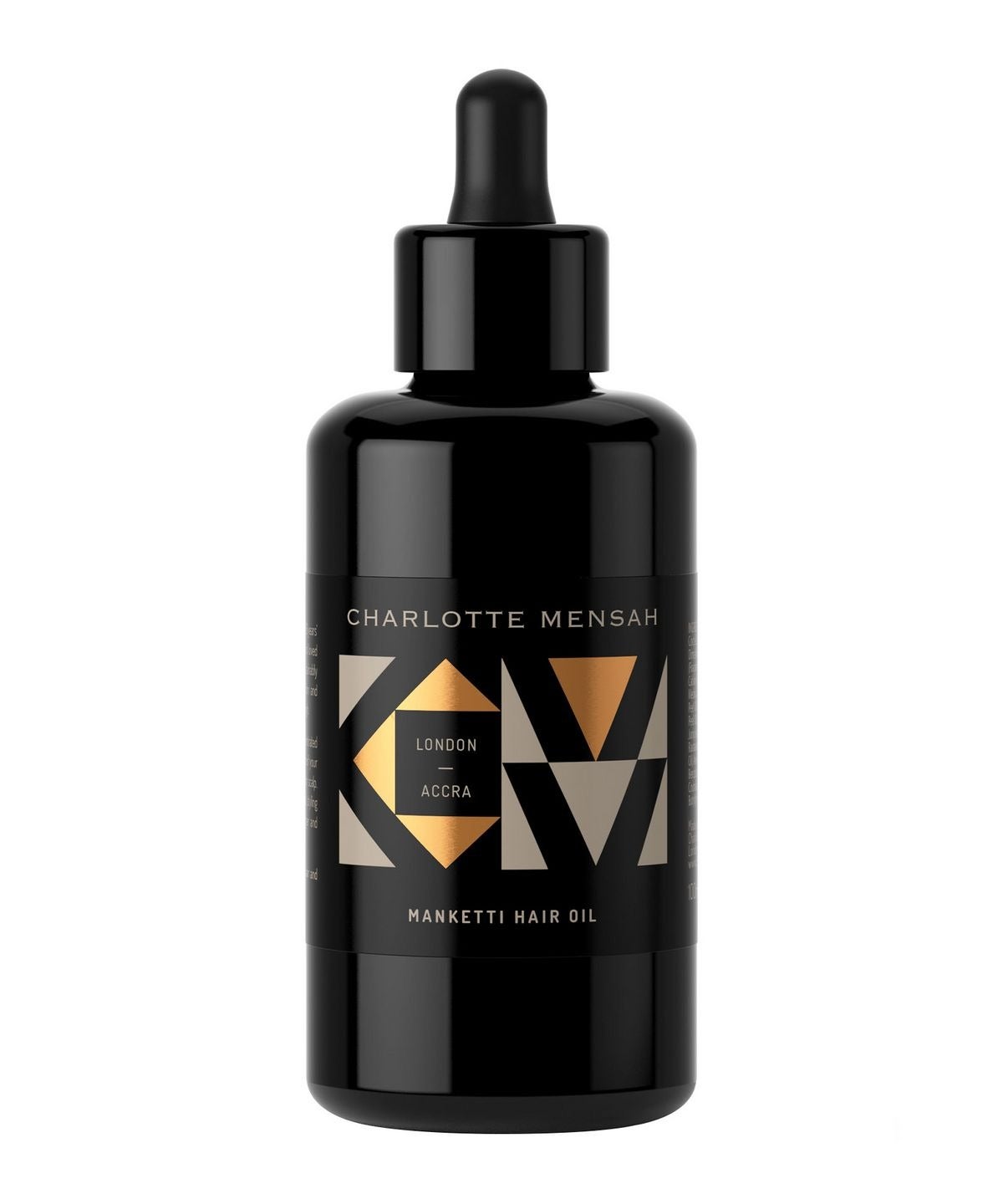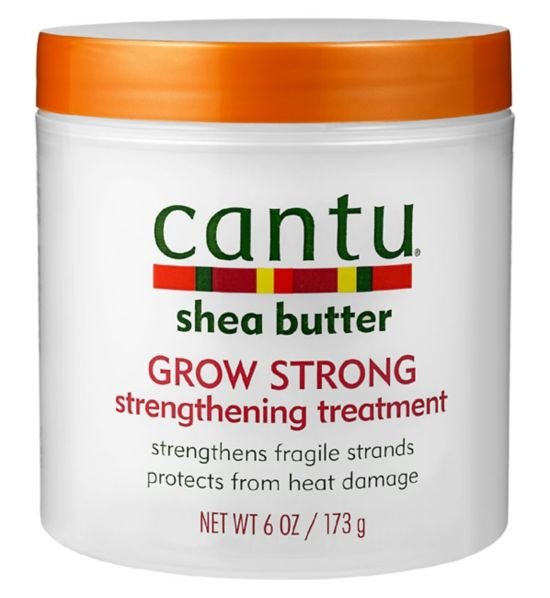The Complex Reasons Why More Black Women Are Relaxing Their Hair Again
Photographed by Tino Chiwariro
The dead-straight hairstyles that multiple Black women rocked throughout the ‘00s have slowly but surely been usurped by natural hair. Among millennials in particular there has been a shift as the rise of the natural hair community allows Black women everywhere to champion their afro textures.
The continual politicisation of Black hair has further elevated natural hair into a global beauty movement. In some instances, afro hair is still deemed 'improper' and said to go against the Eurocentric standards set in some schools and even the workplace. Whether intentional or not, how Black women wear their hair often divides opinion but advocating natural hairstyles above all else has asserted the message that Black hair is beautiful.
AdvertisementADVERTISEMENT
The natural hair community's popularity is also largely thanks to a strong online presence. On YouTube alone, there are thousands of natural hair tutorials and honest product reviews, and the demand has led to a boom in haircare brands. Melanin Haircare by natural hair blogger Whitney White (aka Naptural85) and Winnie Awa's Antidote Street are just a couple of recent arrivals making a mark on the hair industry. The same goes for modern social media platforms like TikTok, where the #naturalhair hashtag boasts an enormous 3.5 billion views and counting. But lately there has also been some movement in the opposite direction: relaxer is back.
@golden_brown86 For my brave kitchen beauticians ❤️ #relaxers #relaxedhair #texlax #texturizers #texturizer #naturalnomore #relaxersareback #nomorenatural
♬ original sound - Jeanette
Why are more women opting for relaxer?
In July a tweet about hair relaxer went viral. Challenging the natural hair movement, it read: "Just watched a TikTok with the headline ‘relaxers are back!’ What ya'll think about that? Would you consider it again?" It wasn’t long before the tweet amassed hundreds of replies and triggered heated discourse. Some Black women showed their support for relaxer while others rejected its return, but the discussion highlighted the dichotomy that exists in regard to Black hair.
Lots of women spoke about how long and healthy their hair has become without relaxer and many mentioned that transitioning from relaxed to natural hair was the best decision they'd ever made. Others felt differently. "I personally stepped away from the 'community' years ago because it felt cult-ish/click-ish," said one Twitter user, referring to the natural hair campaign. Another claimed that "women are burnt out from the natural hair movement" and plenty of women took to the comments in agreement. "I also think many women were tired of all the 'rules'," wrote one. Another said: "I feel like there's a lot of pressure to have defined curls and laid baby hairs and a particular final texture or look…rather than embracing one’s *actual* natural hair. It’s no wonder folks feel stressed."
AdvertisementADVERTISEMENT
Why is hair relaxer popular again?
Replies suggest that some Black women are feeling the pressure applied by the natural hair movement, particularly those with coilier 4C textures. They claim that certain hair types are not represented enough within the natural hair community. Others have hinted at the regimented nature of hair tutorials and costly routines made up of lots of different products, tools and techniques.
Is the vast amount of information surrounding natural haircare perhaps a factor in the resurgence of relaxer? Maybe so, considering that texturism has been referenced within the natural hair movement. Online, multiple treatments and styles move away from kinkier, afro textures, while methods which 'define' curls, 'smooth' hair using gel and 'slick' edges are common. The suggestion is that certain types of afro hair should appear a particular way.
For Ruth, 26, relaxer simplifies haircare. "Relaxers made taking care of my hair more manageable," she told me. "I have natural 4C hair, which is more fragile than other hair textures. With a busy schedule, I need quick styles for my hair so I ended up relaxing it at one point, just so it was easier for me to comb through." Ruth isn't the only one leaning towards relaxed rather than natural hair. Relaxed styles have been seen on Black women in the spotlight, from Rihanna and Ryan Destiny to Gabrielle Union. Among celebrities, there is a distinct lack of natural hair worn above 3C textures, which only adds to the influence and appeal of relaxer. Meanwhile on TikTok, many women are sharing why they choose to opt for relaxer, including the frustration of being unable to replicate natural styles more than once, having to spend more money on products, or simply not enjoying it, like content creator @its_allaboutash.
AdvertisementADVERTISEMENT
Is hair relaxer safe?
On TikTok, emerging hashtags like #relaxedhaircare and #naturalnomore suggest relaxer provides a lot more flexibility. But it's important to look at both sides. The main critique of relaxing hair is health. Recent research has highlighted a potential cancer risk linked to certain relaxers containing lye, which is fuelling further discussion around safety in the afro hair community. Then there's the permanent change in texture. Done badly, relaxer can inflict serious damage, such as breakage and slow hair growth.
Though relaxed hair is increasingly popular among Black women today, encouraged by apps like TikTok, it is often met with disapproval from natural hair wearers. Some see relaxed hair as too dramatic a change and link it to deeper, more alarming concerns. When natural hair is referred to as 'difficult' it perpetuates a negative view. It suggests relaxer is the only way to make hair maintainable, which is simply not true. "For the longest time, I was conditioned to believe my hair in its natural state was unmanageable," says Sophia Husbands, lifestyle writer and founder of Love Happy Body. Personally, she wasn't happy with relaxed hair, and she isn't the only one. Back on TikTok, there are hundreds of women who have ditched relaxer and prefer to show off their curls and coils, like @thecurlyqueen.
AdvertisementADVERTISEMENT
@thecurlyqueen best decision I ever made haha #JustAddBriskZero #curlyhair #relaxer
♬ omg hes dead no gangnam style ireland holman - ireland 🌻
Of course, the decision to relax your hair or wear it natural is an independent choice. Ruth says: "I was not well versed in taking care of my natural hair; it required much more time and care to maintain." She adds that it was personally easier for her to manage her hair in a relaxed state. There is lots of support on social media, too, which emphasises that it is a Black woman's right to decide which hairstyle works for her. Ruth agrees: "I understand why Black women choose to have their hair relaxed but I also see why others prefer their hair natural — if they’re able to spend the time to care for it."
On TikTok, hair enthusiasts ensure others that healthy hair management with relaxer is possible by sharing aftercare and tips on how to style relaxed lengths. Contrary to popular belief, though, relaxed hair isn't an easy route to hair maintenance. Like most hairstyles for Black women, it requires specific management. If not done by a professional or looked after adequately post-treatment, hair can get damaged. Celebrity hairstylist Dionne Smith touches on the perceived risks: "When I first started in hairdressing over 20 years ago, relaxers were the norm and most of us as professionals didn’t question the chemicals that went into making them," she says. "Now, we’re having more open discussions about the ingredients that are often found in them and I give my clients as much advice as possible. I allow them to make their own informed decisions."
AdvertisementADVERTISEMENT
@briannarashay Chileeee it’s worth it though 😏 #relaxedhair #relaxedhaircare #relaxedhairjourney #relaxedhairtips #relaxedhairgoals #relaxedhairyoutuber
♬ original sound - Jayrad
How to care for relaxed hair
Although it's mostly TikTok's Gen Z and millennial users who are in support of relaxers, Alicia McLaughlin at Bad Apple Hair says her main clientele is the older generation. "They have worn their hair relaxed for many years," she says, "and the thought of going back to natural hair is very daunting. They feel it's easier to maintain or do their hair themselves this way." It appears that young women are doing relaxing treatments themselves at home rather than in salon, further adding to the appeal.
If this is the case for you, Dionne advises applying a deep conditioning treatment every two weeks to prevent dryness. "I love the Cantu Grow Strong Strengthening Treatment," she says. "It rebuilds damaged strands and protects from heat." Dionne also hits home the importance of trimming your hair every eight to 12 weeks to maintain healthy ends. Nightly treatments are a must when your hair is relaxed, too. "Every evening, apply a light oil and wrap hair up using a smoothing brush and headscarf to keep it smooth and nourished," she says.
When it comes to Black hair, there is so much information on individual textures, products, styling and potential risks involved with treatments like relaxer. Essentially, it's down to the individual to explore every avenue when choosing a hairstyle that suits them best. Consider your reasons behind opting for permanent change like relaxer but remember that whether natural hair is for you — or not — the choice is ultimately yours.
Refinery29's selection is purely editorial and independently chosen – we only feature items we love! As part of our business model we do work with affiliates; if you directly purchase something from a link on this article, we may earn a small amount of commission. Transparency is important to us at Refinery29, if you have any questions please reach out to us.
AdvertisementADVERTISEMENT









